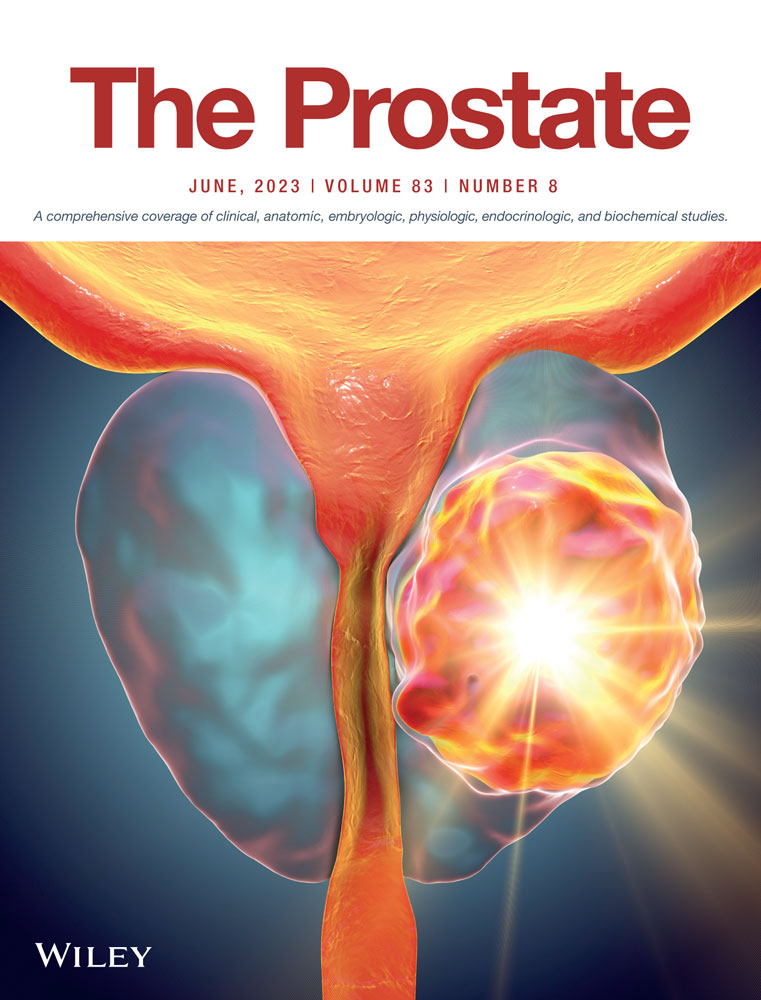A prospective study of the relationship between CRPC patient's quality of life after enzalutamide and serum testosterone levels measured via LC-MS/MS
Abstract
Background
Enzalutamide (ENZ) is used in the treatment of patients with castration-resistant prostate cancer (CRPC). The quality of life (QoL) of CRPC patients during ENZ treatment is very important, but predictive markers of QoL have not been identified. We investigated the relationship between the serum testosterone (T) level before ENZ treatment and QoL changes in CRPC patients.
Patients and Methods
This prospective study was conducted between 2014 and 2018 at Gunma University Hospital and related facilities. We analyzed 95 patients in whom QoL could be evaluated using the Functional Assessment of Cancer Therapy—Prostate (FACT-P) questionnaire at baseline, and after 4 and 12 weeks of ENZ treatment. Serum T levels were measured by liquid chromatography-tandem mass spectrometry (LC-MS/MS).
Results
The study population of 95 patients had a median age of 72 years and median prostate-specific antigen level of 21.6 ng/mL. The median overall survival from the commencement of ENZ treatment was 26.8 months. The median serum T level before ENZ treatment was 50.0 pg/mL. The mean total FACT-P scores at baseline, and after 4 and 12 weeks of ENZ treatment, were 95.8, 91.7, and 90.1, respectively. Differences in FACT-P scores between the high T level (High-T) group and low T level (Low-T) group (distinguished based on median split of the T level) were examined. The mean FACT-P scores were significantly higher in the High-T than Low-T group after both 4 and 12 weeks of ENZ treatment (98.5 vs. 84.6 and 96.4 vs. 82.2, respectively, both p < 0.05). The mean FACT-P score was significantly lower in the Low-T group after 12 weeks than before ENZ treatment (p < 0.05).
Conclusion
The serum T level before treatment may be useful for predicting QoL changes after ENZ treatment in CRPC patients.
CONFLICTS OF INTEREST STATEMENT
Kazuhiro Suzuki has potential financial conflicts of interest as below, Consultancies: Takeda Pharmaceutical, Astellas Pharma, Daiichi-Sankyo, AstraZeneca, Sanofi, Janssen, Bayer, Grants received: Takeda Pharmaceutical, Astellas Pharma, Daiichi-Sankyo, Ono Pharmaceutical. All other authors have declared that no conflict of interest exists.
Open Research
DATA AVAILABILITY STATEMENT
Research data are not shared.




